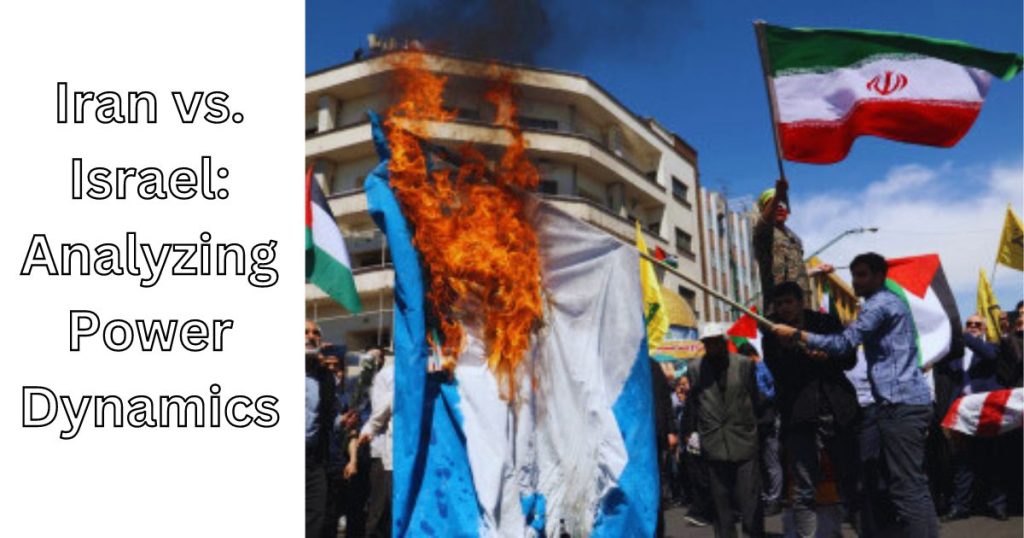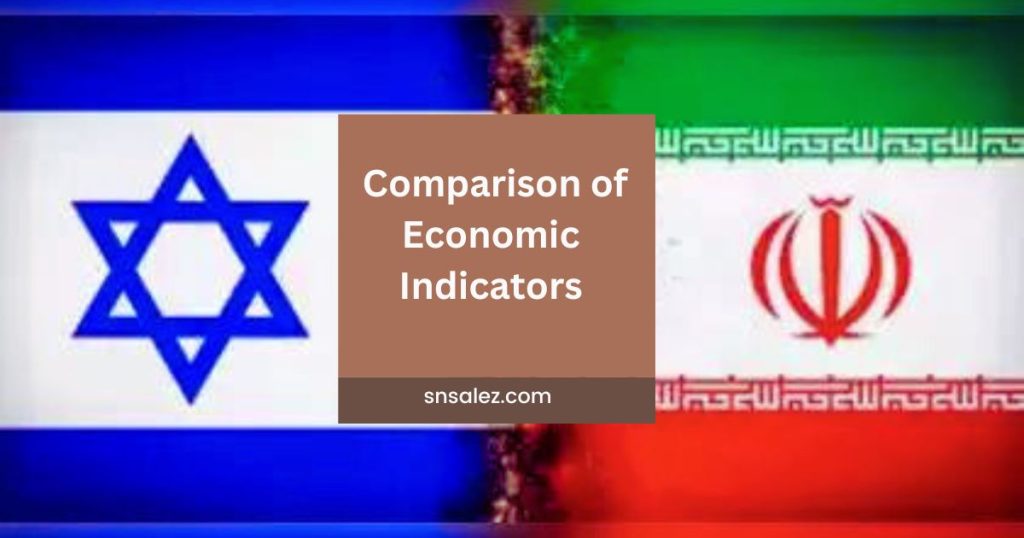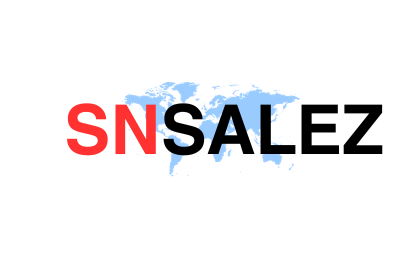1. Introduction
In the realm of geopolitics, the question of which country Iran vs. Israel: Analyzing Power Dynamics holds more power frequently sparks debates and analyses. In this blog put up, we delve into the comparison among Iran and Israel, two countries with great influence inside the Middle East vicinity. Understanding the power dynamics between these countries is critical for comprehending the complexities of nearby politics and global affairs.
2. Historical Background
– Historical Context of Iran and Israel

Both Iran and Israel have wealthy histories courting again thousands of years. Iran, previously called Persia, boasts a legacy of historic civilizations and empires, even as Israel has deep roots in spiritual and cultural history, particularly within Judaism.
– Key Events Shaping Their Geopolitical Standing
The modern-day geopolitical panorama of Iran and Israel has been formed by way of historical activities which include revolutions, conflicts, and geopolitical alliances. Understanding these historical factors offers insights into their present day energy dynamics.
3. Military Strength
– Comparison of Military Capabilities
Iran and Israel possess ambitious military forces equipped with superior weaponry and technology. Analyzing their military power entails assessing elements consisting of troop size, gadget, and strategic talents.
– Defense Expenditures and Technologies
Both nations allocate considerable resources to their defense budgets, making an investment in research, improvement, and procurement of navy hardware. The acquisition of cutting-edge technologies performs a essential function in retaining military superiority.
4. Political Influence
– Diplomatic Alliances and International Relations

Iran and Israel navigate complicated diplomatic landscapes, forging alliances and partnerships with other countries. Their political influence extends past their borders, shaping regional dynamics and international geopolitics.
– Impact on Regional and Global Politics
The movements and policies of Iran and Israel reverberate across the Middle East and beyond, influencing conflicts, negotiations, and peace initiatives. Understanding their political influence is essential for reading local balance and protection.
5. Economic Power
– Comparison of Economic Indicators

Economic strength is a sizable determinant of a country’s strength and influence. Comparing key monetary signs such as GDP, trade volume, and in keeping with capita profits gives insights into the economic electricity of Iran and Israel.
– Trade Partnerships and Economic Policies
Both countries interact in international alternate and economic partnerships, leveraging their resources and abilties to bolster economic increase. Examining their alternate members of the family and financial regulations gives a glimpse into their monetary prowess.
6. Cultural and Social Influence
– Cultural Significance and Soft Power
Beyond military and economic nation-states, cultural affect and gentle energy play essential roles in shaping perceptions and relationships. Iran and Israel assignment their cultural heritage and values onto the global degree, influencing public opinion and diplomatic engagements.
– Social Dynamics and Public Perception
Sure, here’s a simple table outlining the key differences between Iran and Israel:
| Aspect | Iran | Israel |
|---|---|---|
| Government | Islamic Republic | Parliamentary Democracy |
| Leader | Supreme Leader and President | Prime Minister |
| Military | Large military force with significant investments | Highly advanced military with cutting-edge technology |
| Regional Influence | Extends influence throughout the Middle East | Strong alliances with regional powers |
| Economy | Possesses substantial natural resources and diversified economy | Innovative technology sector and strong trade partnerships |
| Ideology | Islamic Republic | Jewish State |
| Cyber Warfare | Engaged in cyber warfare | Utilizes advanced cyber tactics |
| Human Rights | Faces scrutiny for human rights violations | Also faces scrutiny for human rights violations |
Domestic social dynamics and public perception also contribute to a country’s overall power. Analyzing societal trends, public discourse, and social movements provides insights into the internal dynamics of Iran and Israel.
7. Conclusion

In conclusion, the power balance between Iran and Israel is multifaceted and dynamic, encompassing army, political, financial, cultural, and social dimensions. While each countries wield vast affect within the Middle East and beyond, their power dynamics are shaped via a complex interaction of historic legacies, geopolitical realities, and socio-economic factors.





